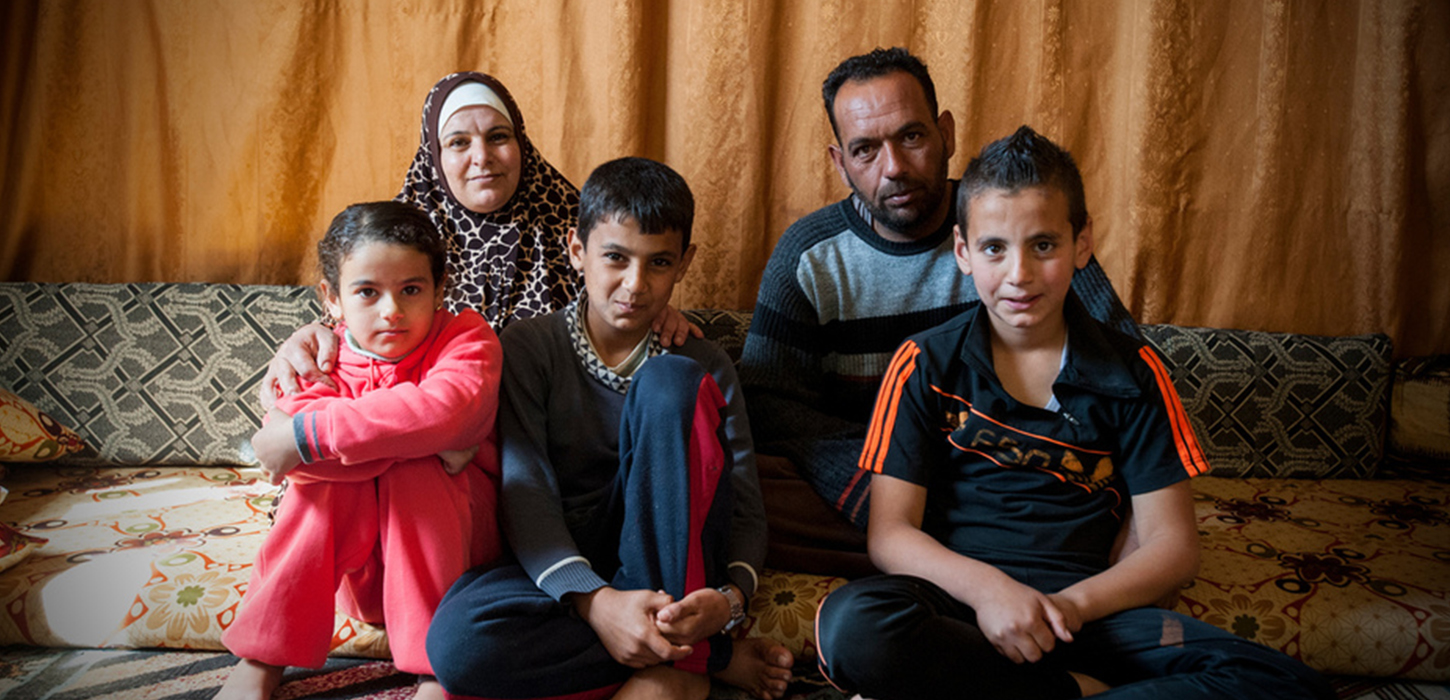
Iraq generously hosts some 340,000 refugees and asylum-seekers, mostly Syrians of Kurdish ethnicity residing in the Kurdistan Region of Iraq.
Almost 85% of refugees in Iraq live in the Kurdistan Region of Iraq, mainly in Erbil, while the remaining 15% reside in central and southern governorates, primarily in Baghdad (60%).
Some 73% of Syrian refugees live in urban areas, while the rest reside in nine refugee camps, all in the Kurdistan Region of Iraq.
Overall, the protection environment in Iraq is relatively favourable for refugees and asylum-seekers in Iraq, particularly in the Kurdistan Region of Iraq, where refugees and asylum-seekers access public services, such as healthcare and education on par with nationals, and pursue livelihood opportunities mainly in the informal sector. Nonetheless, Iraq continues to lack a comprehensive legal framework governing the status and protection of refugees in line with international standards and good practices.
